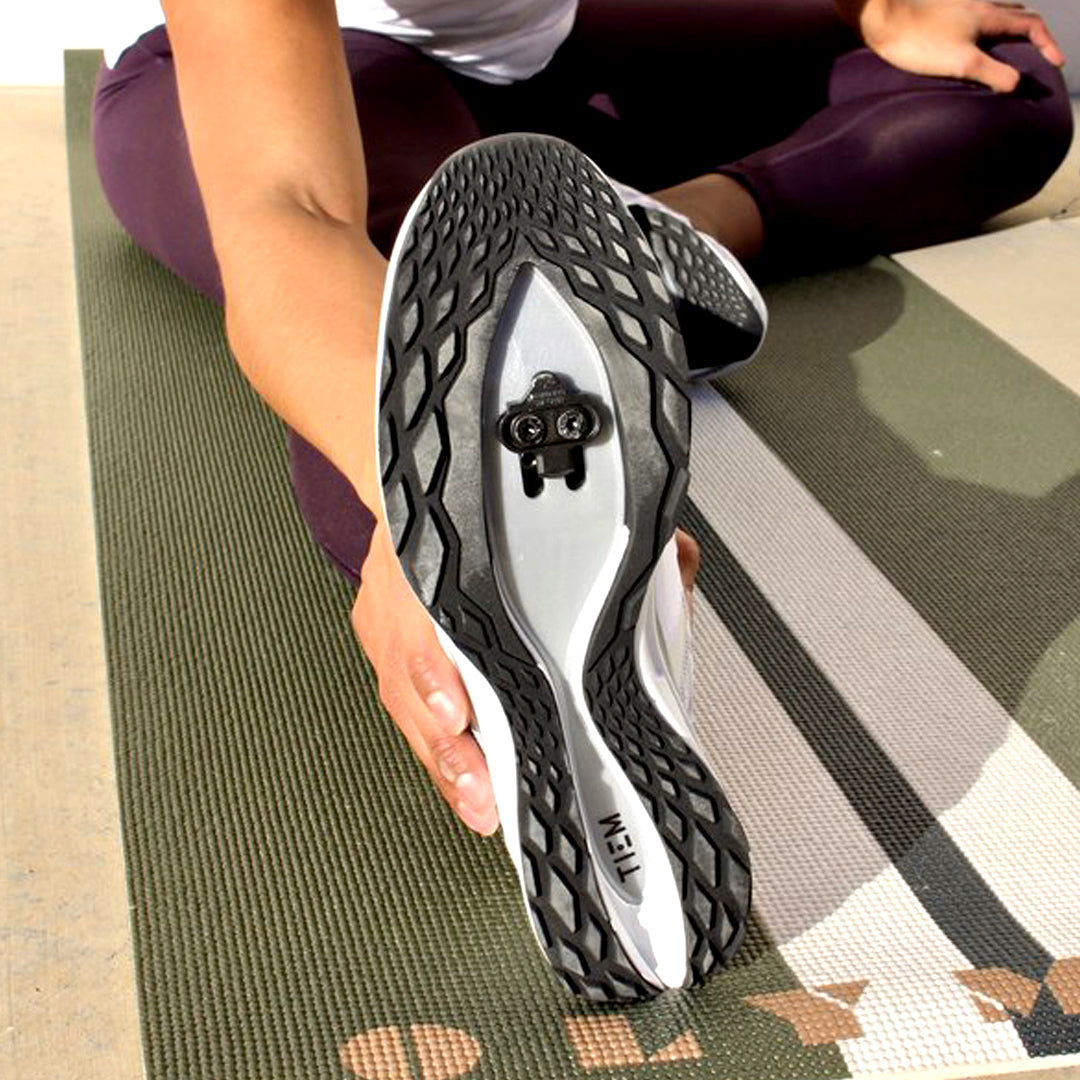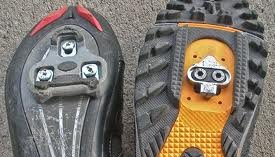Mastering the Art of Cleat Alignment: Perfect Fit for Your Cycling Shoes
For a comfortable and efficient cycling experience, ensuring your cleats are properly aligned with your cycling shoes is paramount. The alignment of cleats directly impacts your pedaling efficiency, comfort, and overall cycling performance. Proper alignment can prevent knee pain, reduce the risk of injury, and enhance your cycling experience. This article delves into the intricacies of how to put on cleats cycling shoes and provides a comprehensive guide to achieving the perfect fit.

Understanding Cleat Alignment
Cleat alignment refers to the positioning of the cleats on the sole of your cycling shoes. The cleats are the interface between your shoes and the pedals, and their alignment can significantly affect your pedaling mechanics. According to renowned cycling coach Joe Friel, “Proper cleat alignment is crucial for efficient power transfer and reducing the risk of injury.” The alignment should be such that your knees track directly over the pedals, ensuring a smooth and efficient pedaling motion. Misalignment can lead to knee pain, discomfort, and reduced performance.

Steps to Properly Align Your Cleats
Aligning your cleats involves several steps, each of which is crucial for achieving the perfect fit. First, ensure your cycling shoes are clean and dry. This allows for better adhesion and stability of the cleats. Second, locate the recommended position for your cleats based on your shoe model and the type of pedals you use. Most cycling shoes have markings or guidelines to help you position the cleats correctly. Third, use a level to ensure the cleats are horizontally aligned. This step is often overlooked but is essential for maintaining proper biomechanics during pedaling.

Enhancing Comfort with Moisture-Wicking Socks
Pairing your cycling shoes with moisture-wicking socks is another critical aspect of enhancing your cycling comfort. Moisture-wicking socks are designed to draw sweat away from your feet, keeping them dry and preventing blisters. According to a study published in the Journal of Sports Sciences, “Moisture-wicking fabrics can significantly reduce the incidence of blisters and improve overall foot comfort during physical activities.” This is particularly important for long rides where foot comfort can make or break your performance.

Choosing the Right Cycling Apparel
In addition to proper cleat alignment and moisture-wicking socks, wearing the right cycling apparel can significantly enhance your comfort during rides. Lightweight, breathable cycling shorts or pants are designed to wick away sweat, provide support, and reduce chafing. According to a review in the International Journal of Sports Clothing and Textiles, “Breathable fabrics can improve thermal comfort and reduce the risk of skin irritation during prolonged physical activity.” This is particularly important for maintaining comfort and performance during long rides.

Professional Knowledge and Discounted Prices
As a cyclist, having access to professional knowledge and discounted prices can significantly enhance your cycling experience. Many online retailers and local bike shops offer expert advice on how to put on cleats cycling shoes and provide discounted prices on high-quality cycling gear. For instance, websites like Competitive Cyclist and REI offer detailed guides on cleat alignment and often have sales on cycling shoes and accessories. Taking advantage of these resources can help you achieve the perfect fit and save money in the process.

In conclusion, mastering the art of cleat alignment is essential for a comfortable and efficient cycling experience. By following the steps outlined in this article and considering the additional tips on moisture-wicking socks and cycling apparel, you can achieve the perfect fit and enhance your overall cycling performance. Remember, proper alignment and comfort are key to enjoying your rides and reaching your cycling goals.
